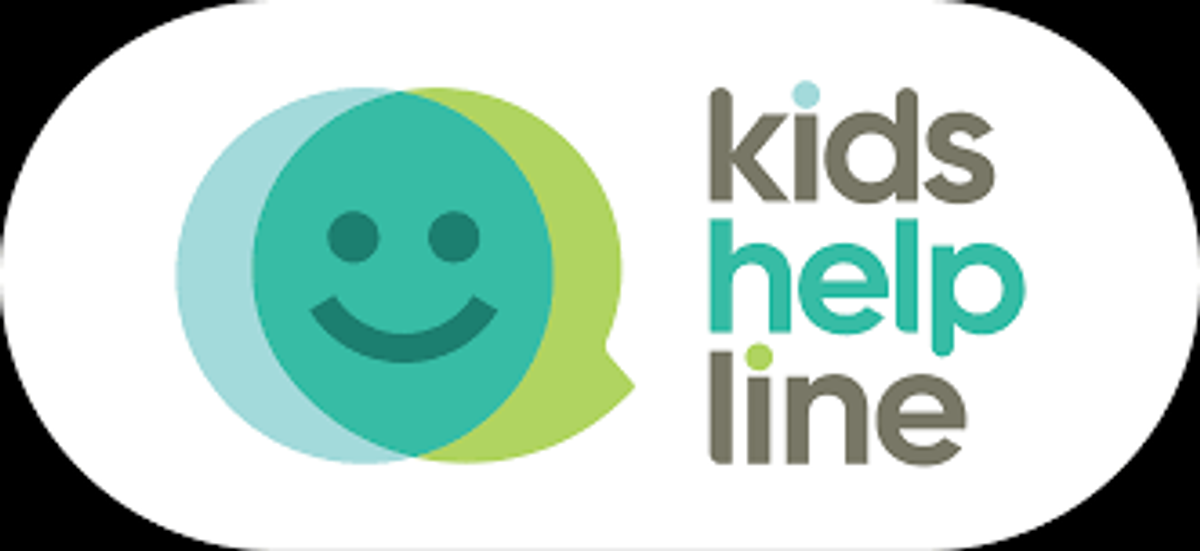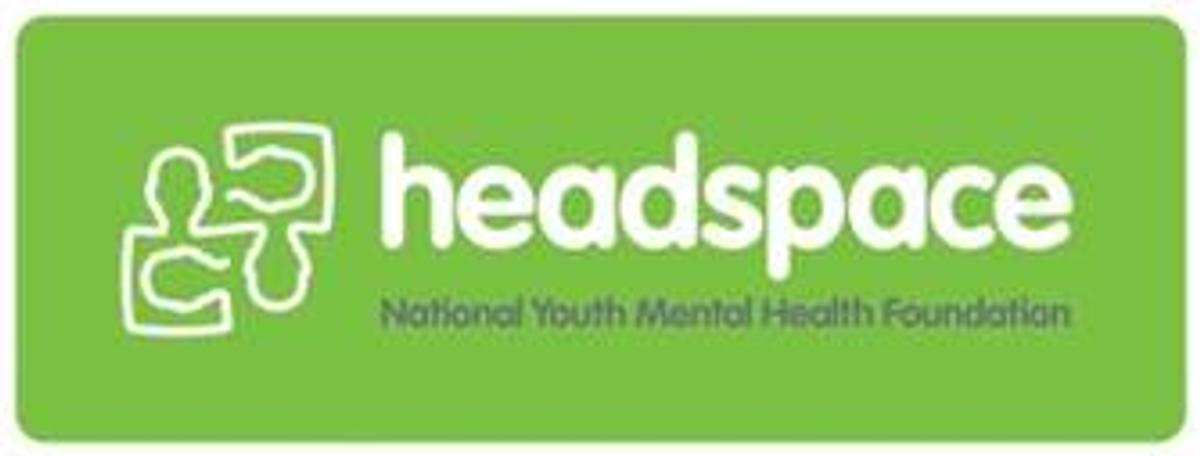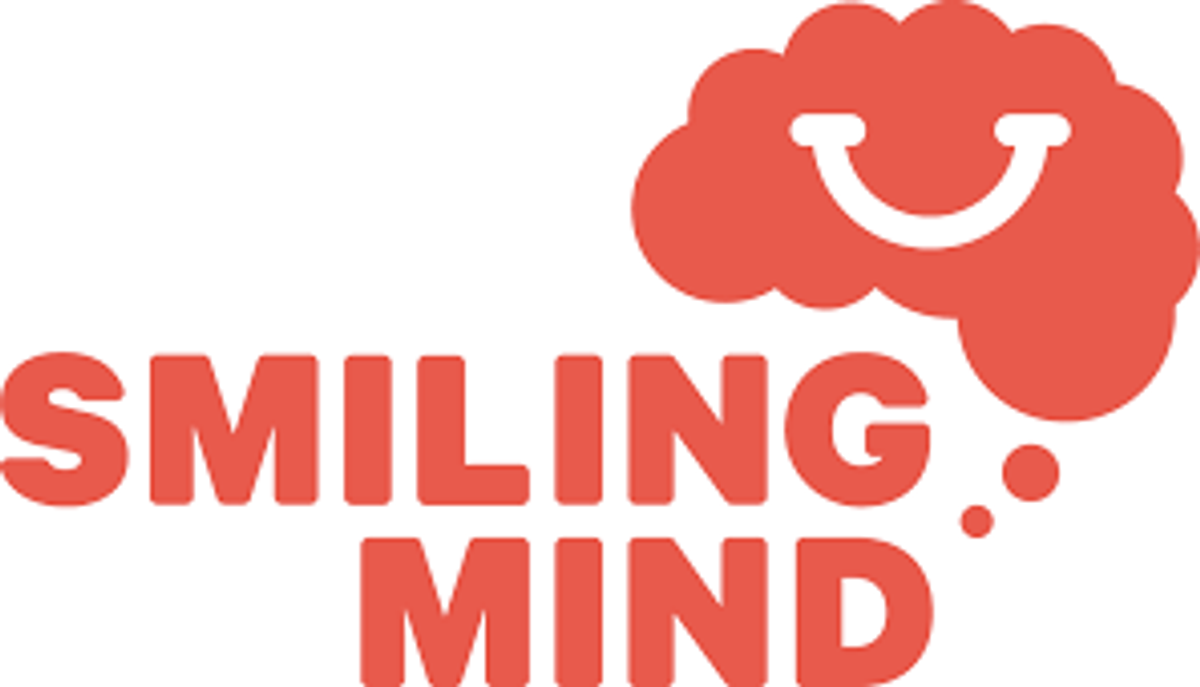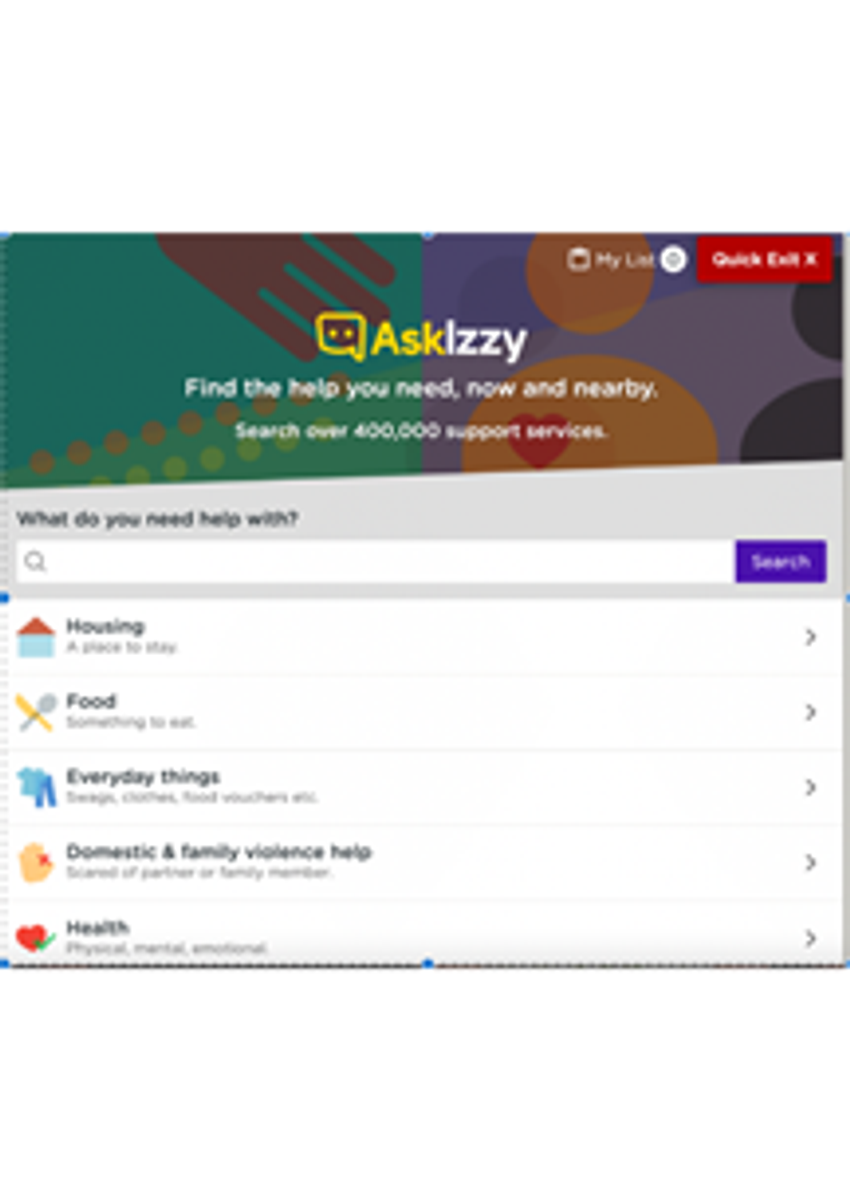WELLBEING
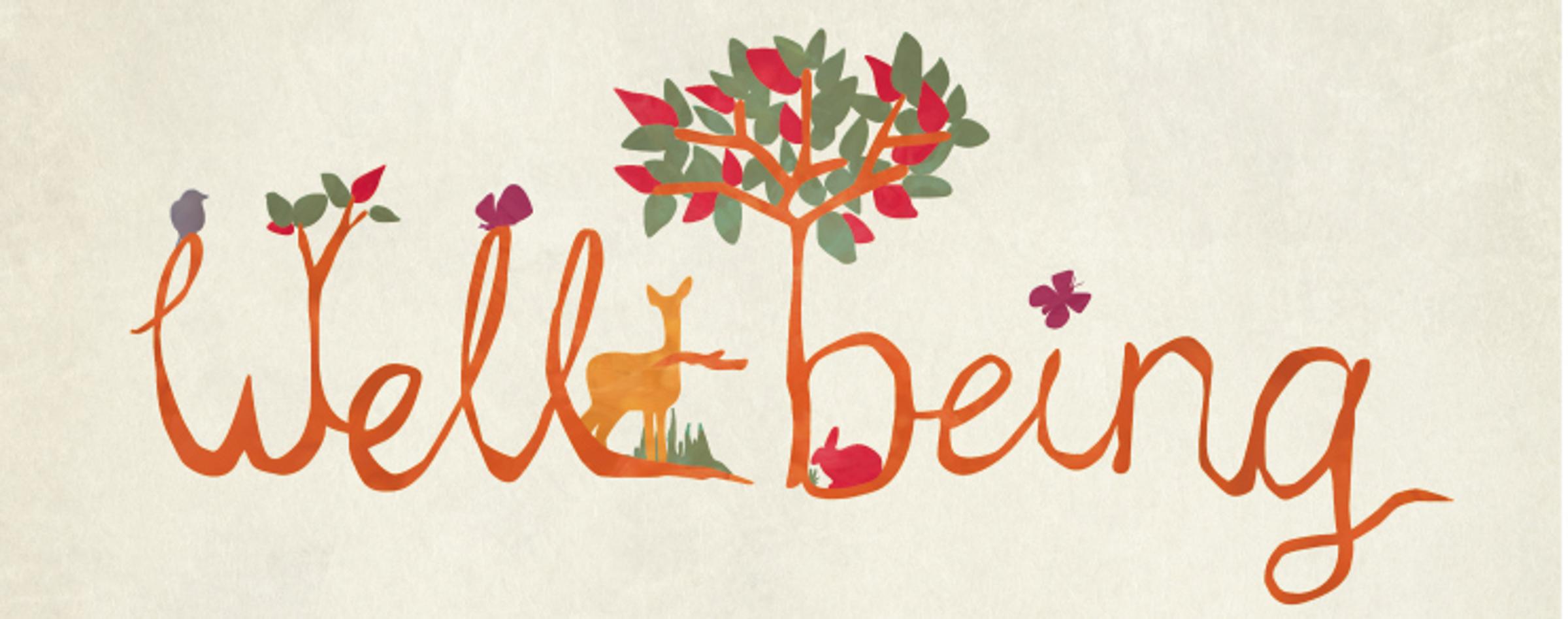
The Student Wellbeing Team
The Student Wellbeing Team
The Collingwood College Student Wellbeing Team would like to remind everyone that Collingwood College views student health, sense of belonging, and wellbeing as integral to their learning and future success. As such, we have an experienced, multidisciplinary Student Wellbeing Team to support the school’s community. Students in the secondary school can approach members of the wellbeing team at Recess or Lunch if they would like a time for a chat.
If you have any questions, please speak to your child’s Classroom Teacher or Year Level Coordinator, who can assist by helping you make a referral to the wellbeing team. You can also contact Josh Whelan (Student Wellbeing Coordinator) at the school on 9417 6681.
- Josh Whelan (Student Wellbeing Coordinator) – Mon-Fri
- Linh Tran (Social Worker) – Thu-Fri
- Libby Shaw (School Counsellor) – Tue-Wed
- Michele Waters (Mental Health Practitioner) – Mon and Wed (Blue Week)
- Hussein Ibrahim (Cultural Liaison Officer) Mo, Tu, Th, Fr
- Hassen Mohamed-Saeed (Cultural Liaison Officer) – Mon-Wed
- Badria Mustafa (Cultural Liaison Officer) - Tue
New Wellbeing Team member – Liby Shaw
Hi everyone! My name is Libby and I'm the new counsellor starting at Collingwood College this term! With a background in mental health nursing, I ensure that the counselling space is compassionate, safe, and inclusive. I am passionate about working with students to help in navigating any challenges that may be occurring. I'll be working Tuesdays and Wednesdays and I'm looking forward to meeting many of you!
Libby
What is Mental Health and Wellbeing?
We all have good days and bad days, or sometimes good weeks and bad ones. Illness, amount of sleep, social support, access to nutritious food, ability to exercise, attitude to events, use of substances or alcohol, financial and physical safety - even the weather – all contribute to our mental health. This is the first in a series of articles discussing mental health and wellbeing and how to optimise it for you and your children.
Mental health definition
Mental health is a state of mental well-being that enables people to cope with the stresses of life, realize their abilities, learn well and work well, and contribute to their community. It is an integral component of health and well-being that underpins our individual and collective abilities to make decisions, build relationships and shape the world we live in. (World Health Organisation)
In Australia, around 1 in 2 people will struggle with their mental health during their lifetime. Learning about mental health will help look after your social and emotional wellbeing. It will also help you to support people close to you. It's important to get help early if you're feeling unsettled or struggling. Information and resources about the signs and symptoms to watch out for and where to find support are at the end of this article.
A useful way to think about Mental Health is along a continuum. This way of thinking about mental health sees mental health as being fluid, not fixed. Mental health can fluctuate based on life experiences, stressors, and support systems. It’s not just the absence of a mental health issue or condition, but the presence of resilience, emotional balance and positive coping strategies. Someone with a diagnosed mental illness may be experiencing good mental health whereas someone without a diagnosis, may be struggling. It is possible to move backwards and forwards along the continuum within relatively small periods of time.
At one end, Flourishing represents optimal functioning in which person feels good and functions well. They relate well to others and approach their learning/work and life with purpose, curiosity and optimism.
Next are people who are Going OK. They function appropriately to their environment and experience an absence of frequent or significant feelings of distress.
In the Struggling range are people who may have more noticeable distress. This distress is generally time-limited and can have a mild impact on their behaviour, learning and relationships.
People at the far right-hand side of the continuum have thoughts, feelings and behaviours that indicate extended periods of distress and have a Severe impact on everyday activities.
For people in the Going OK range, it might be helpful to identify if there are ways you can improve sleep, exercise, diet or plan more pleasurable activities or increase social contact to optimise your mental health.
If you’re in the Struggling range, reviewing sleep, exercise and diet are important, but you probably need extra support and help. Many employers have access to an Employee Assistance Program or contact one of the organisations at the end of the article. Your GP can also provide a Mental Health Treatment Plan to link you in with a psychologist.
If you or a loved one is in the Severely impacted range, then getting help and support is very important. If it’s a crisis – someone is feeling suicidal, then going to a Hospital Emergency Department or calling an ambulance is the best way to get the help they might need. There is also The Crisis Assessment Team who can help. (details below).
Mental Health is too important to ignore. Getting help early leads to better outcomes. Having introduced the topic of Mental Health, watch out for articles on the contribution of sleep, diet, exercise, emotion regulation skills, social activity, self-compassion and physical health make to putting you and your loved ones on the Flourishing end of the Mental Health continuum.
External Wellbeing Supports
Kidshelpline – 1800 55 1800
A free telephone counselling service for young people aged between 5 and 25 years.
Lifeline – 13 11 14
Free, 24/7 crisis support service that anyone can access.
Headspace Collingwood – 9417 3279
Free mental health support service for young people aged 12-25. They also offer a GP service as well as a range of youth focused programs and activities. They are open Monday to Friday 10am – 6pm.
Smiling Mind - smilingmind.com.au/smiling-mind-app
Smiling Mind is a free mindfulness app that has been developed by educations and psychologists.
This app comes highly recommended by the wellbeing team! Use this for at least 10 minutes a day for the best results.
Ask Izzy - Links to Support Services
Ask Izzy is a website that provides families, students and teachers links to support services that offer assistance in a wide range of things such as housing, food, health, money, counselling, etc.
Parentline: - ph: 13 22 89 - Available 8am to midnight, 7 days a week including public holidays
Parentline is a free phone service for parents and carers of children from birth to 18 years old. Thy offer confidential and anonymous counselling and support on parenting issues.
St Vincent De Paul - ph 1800 305 330 - Welfare Assistance Line
Provide emergency relief including food. They open on Monday to Friday, 10.00am-3.00pm.
Your GP
Your family GP will be able to support you on accessing the support you need.


